What causes addiction? Most of us think it’s drugs– which is true, to some extent.
Experiements in the 1970s by famed professor of psychology Bruce Alexander reveal that more times than not, the real culprit in addiction is a lack of human connection. The people at “In A Nutshell” have created a powerful video that explains this curious relationship.
By building a lush and playful oasis called “Rat Park,” Alexander provided rats with colored balls, games, food, sexual partners, and two types of water: regular, and drug-laced water. As it turns out, the rats hardly chose the drug water, and if they tried it, they never overdosed.
This was a radical finding that went against early 20th century experiments that placed rats in a singular cage with regular water and drug water. Obviously, he argues, the rats in the cages chose the drug water, as there was literally nothing else to do!
It’s not the chemicals themselves, though that is one factor — it’s our cage. We must re-frame the way we look at addiction. When we are living happy, healthy, and well-rounded lives, we are more able to bond with those around us. When trauma occurrs over an extended amount of time, we seek comfort in other outlets.
Addiction is just one symptom of human disconnection. We must delve deeper into this complex disease.





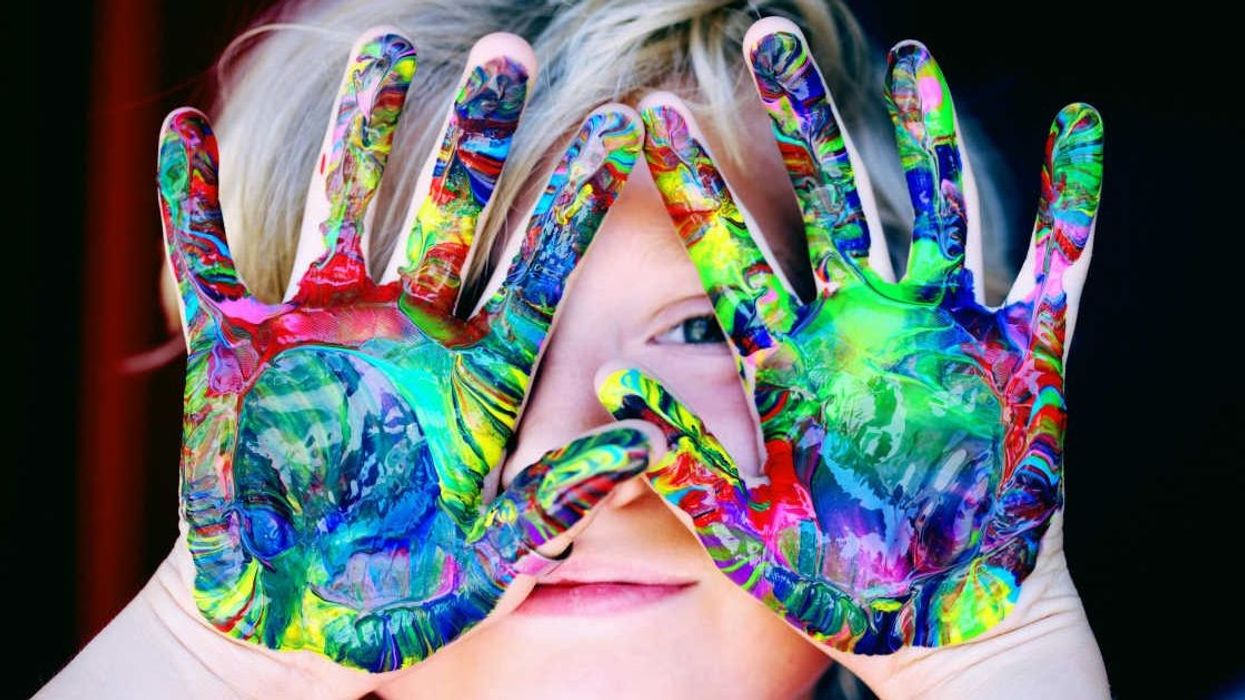

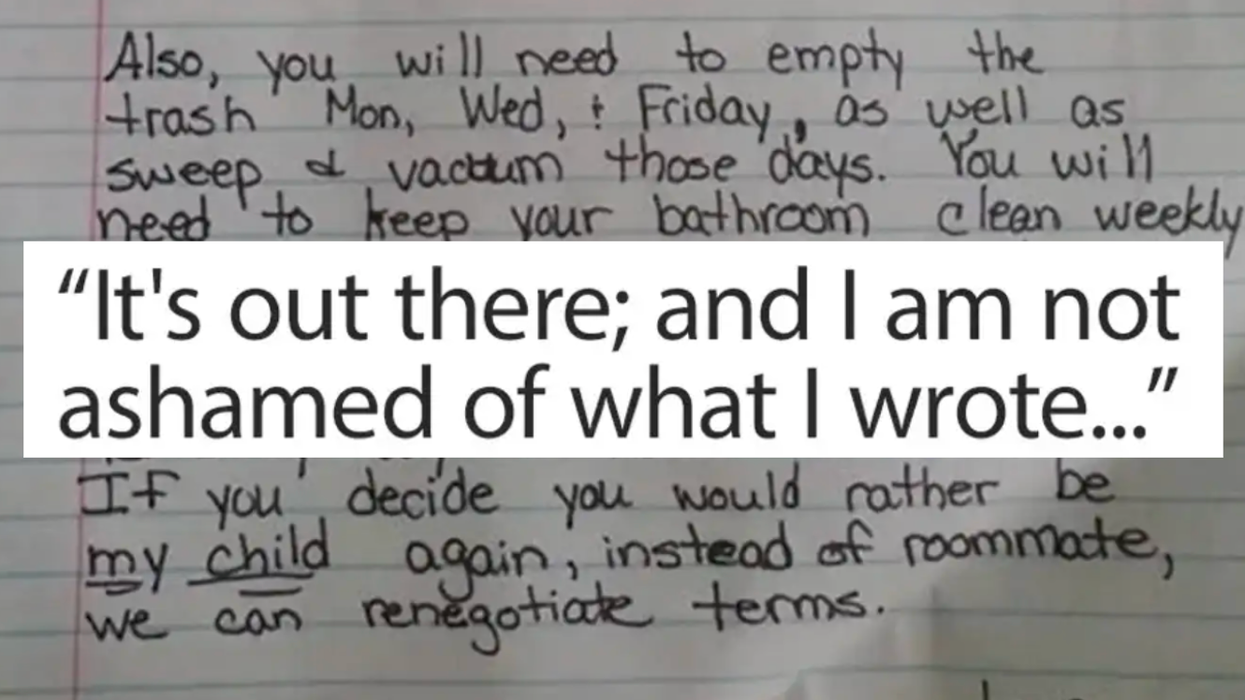
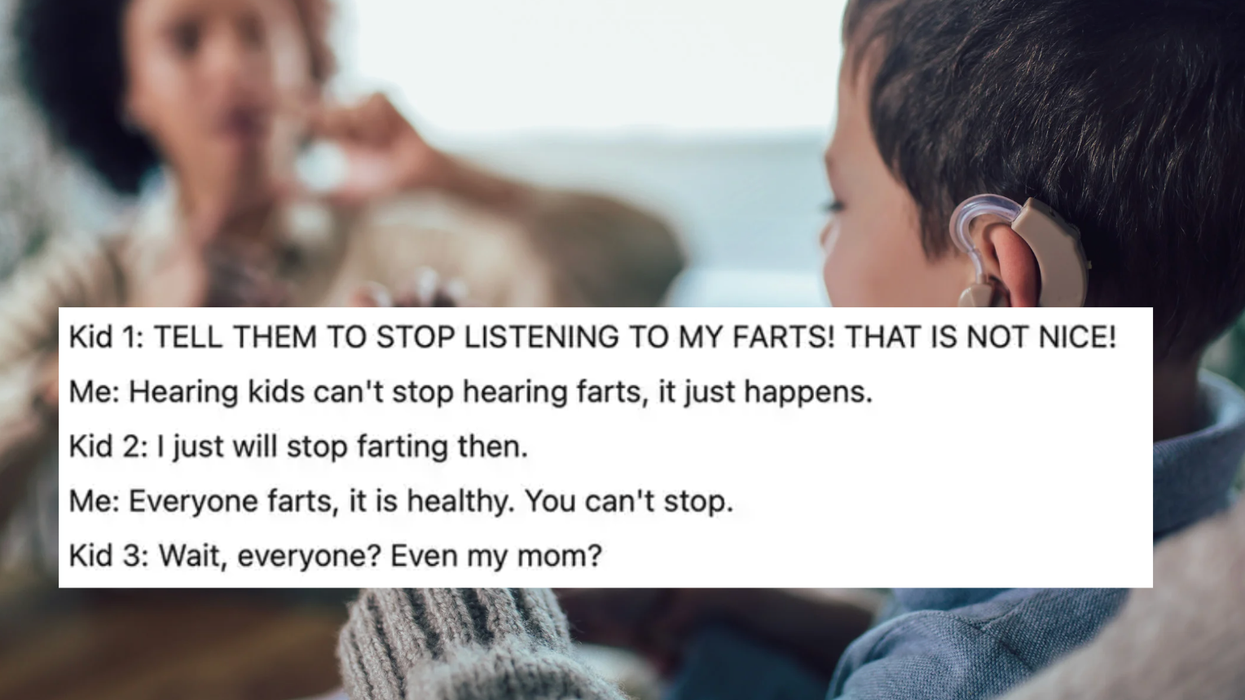







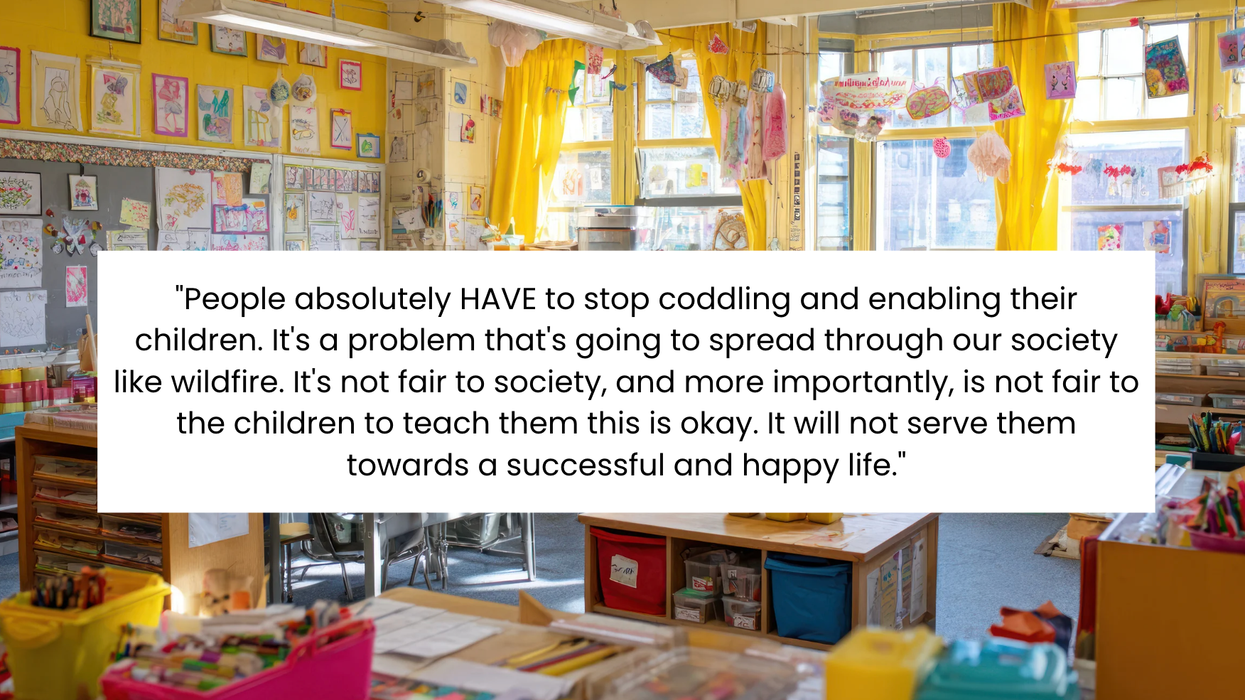
 A real estate agent talks with a young coupleCanva
A real estate agent talks with a young coupleCanva A frustrated school teacher takes a breakCanva
A frustrated school teacher takes a breakCanva A young girl plays around in her messy roomCanva
A young girl plays around in her messy roomCanva
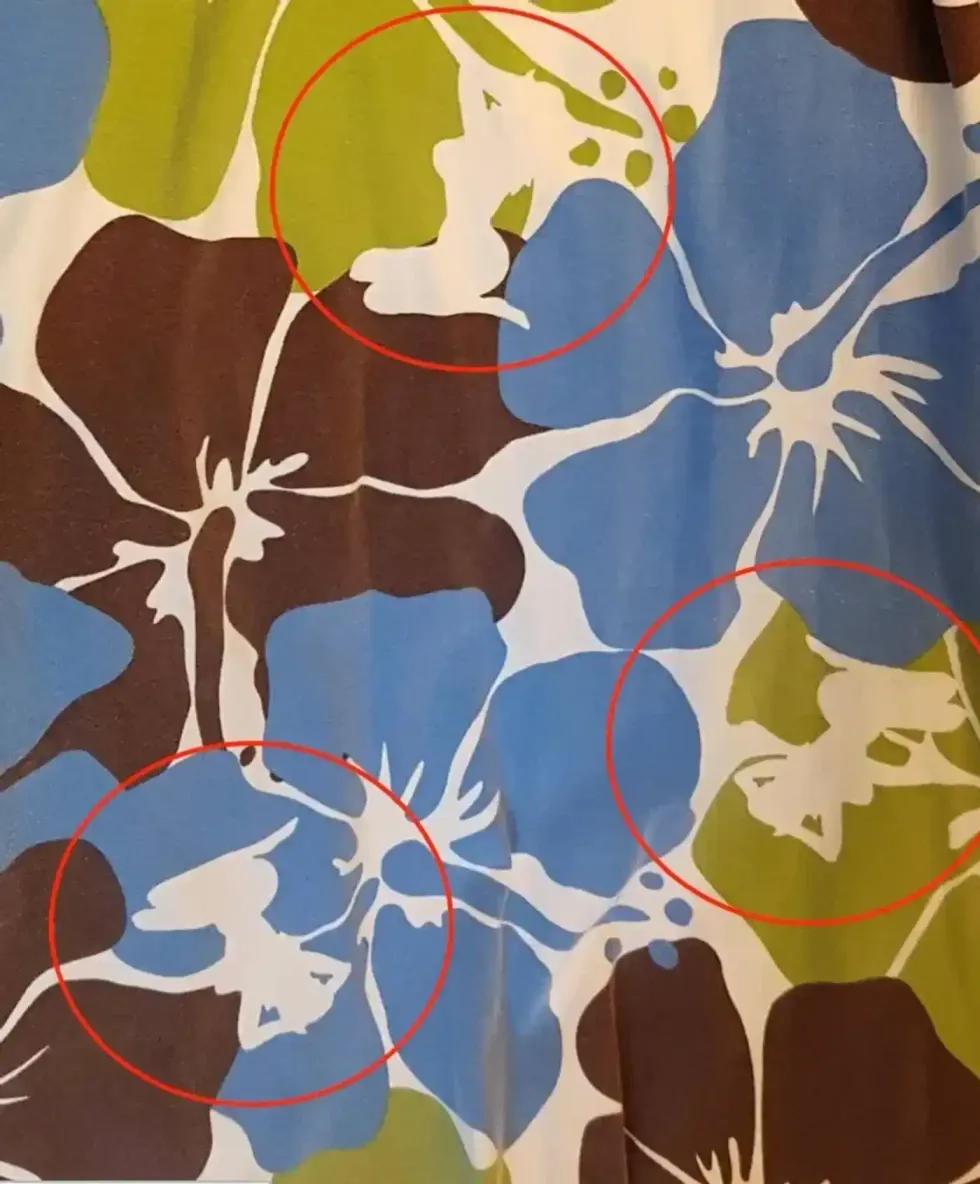 Image of the floral dress with the risque images circled
Image of the floral dress with the risque images circled 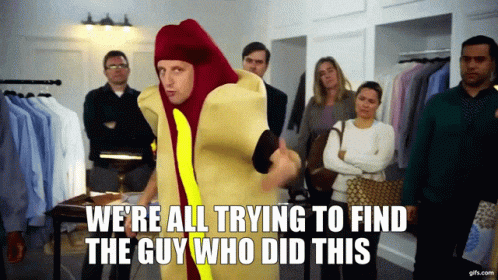 Gif of Tim Robinson via
Gif of Tim Robinson via 
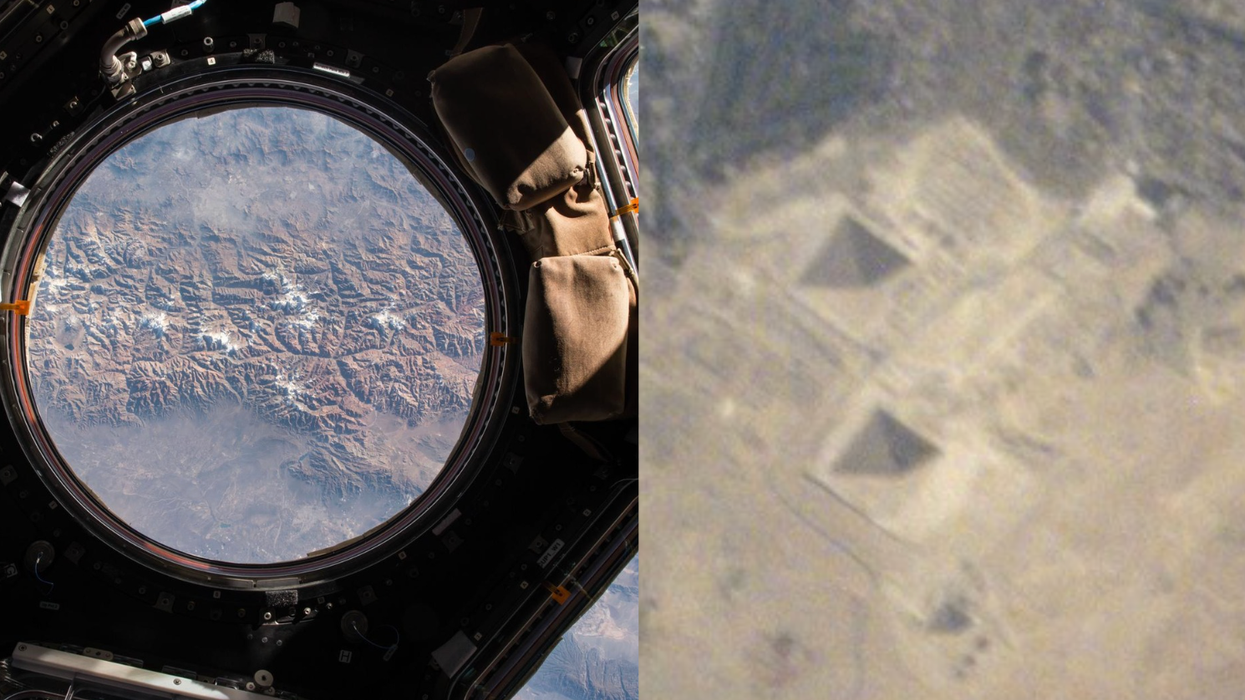

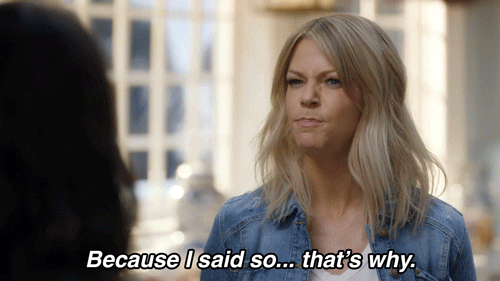 Gif of Kaitlin Olson saying "Because I said so ... that's why" via
Gif of Kaitlin Olson saying "Because I said so ... that's why" via 

 A hand holds several lottery ticketsCanva
A hand holds several lottery ticketsCanva "Simpsons" gif of newscaster winning the lotto via
"Simpsons" gif of newscaster winning the lotto via